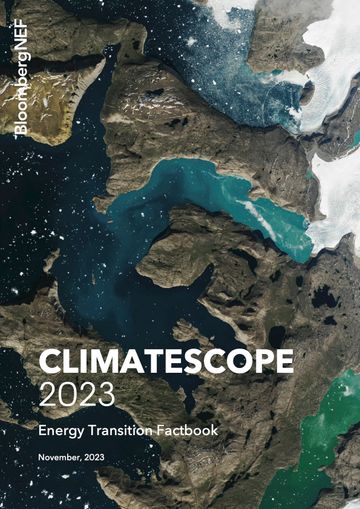Tanzania
With a power score of 1.93, Tanzania ranks number 37 among emerging markets and number 62 in the global power ranking.
- Emerging markets
- Africa
1.93 / 5
Power score
-33 places
Global power rank change
Overview
Tanzania has a power score of 1.93, which puts it at rank 62 in the global power ranking, and rank 37 in the emerging markets power ranking. In comparison to 2021, Tanzania has improved in the power rankings by 29 places, from rank 91, to rank 62.
At 1.93, the power score of Tanzania is better than the regional average of 1.54 in the Africa region.
Regional power score comparison
Power
Power policy
Tanzania implements policies in 6/6 power policy categories tracked by Climatescope, including Renewable energy target, Renewable energy auction, Feed-in Tariff, Net Metering, Import tax incentives, VAT incentives.
Power policies
Power prices and costs
The average electricity price in Tanzania has increased from 83.24 USD/MWh in 2021 to 84.84 USD/MWh in 2022. Since 2017, the average electricity price in Tanzania has fluctuated between 83.06 USD/MWh (2020) and 86.19 USD/MWh (2017).
Power market
The top amount of capacity installed in Tanzania in 2022 was in Natural Gas at 53.48%, up from 52.9% in 2021. The technology with the biggest increase in capacity installed in 2022 was Solar PV at 11.34%, up from 6.92 in 2021.
Installed capacity (in MW)
Electricity generation (in GWh)
The largest electricity generating technology in Tanzania in 2022 was Natural Gas, generating some 68.59% of electricity, up from 61.52% in 2021.
Investment in clean energy in Tanzania was around $157.42 million in 2021, an increase of 3560.86% from 2020 ($4.3 million). Between 2017 and 2021, the highest investment in clean energy was in 2021 at $157.42 million, while the lowest was in 2020 with $4.3 million.
Utility privatisation
Which segments of the power sector are open to private participation?
Type
Question
Availability
Wholesale power market
Does the country have a wholesale power market?
Doing business and barriers
Type
Question
Availability
Currency of PPAs
Are other PPAs (eg. corporate PPAs) signed in or indexed to U.S. Dollars or Euro?
Type
Question
Availability
Bilateral power contracts
Can a C&I (Commercial and Industrial) customer sign a long-term contract (PPA) for clean energy?
Type
Question
Availability
Fossil fuel price distortions - Subsidies
Does the government keep the wholesale price of electricity from fossil fuels artificially low through subsidies?
Type
Question
Availability
Fossil fuel price distortions - Taxes and carbon prices
Does the government significantly increase the wholesale price of electricity from fossil fuel through targeted taxes and/or carbon prices?
Transport
Transport policy
Tanzania does not implement any policies in any of the transport policy categories tracked by Climatescope.
Transport policies
Type
Question
Availability
Fuel economy standards
Does the country have a fuel economy standard in place?
